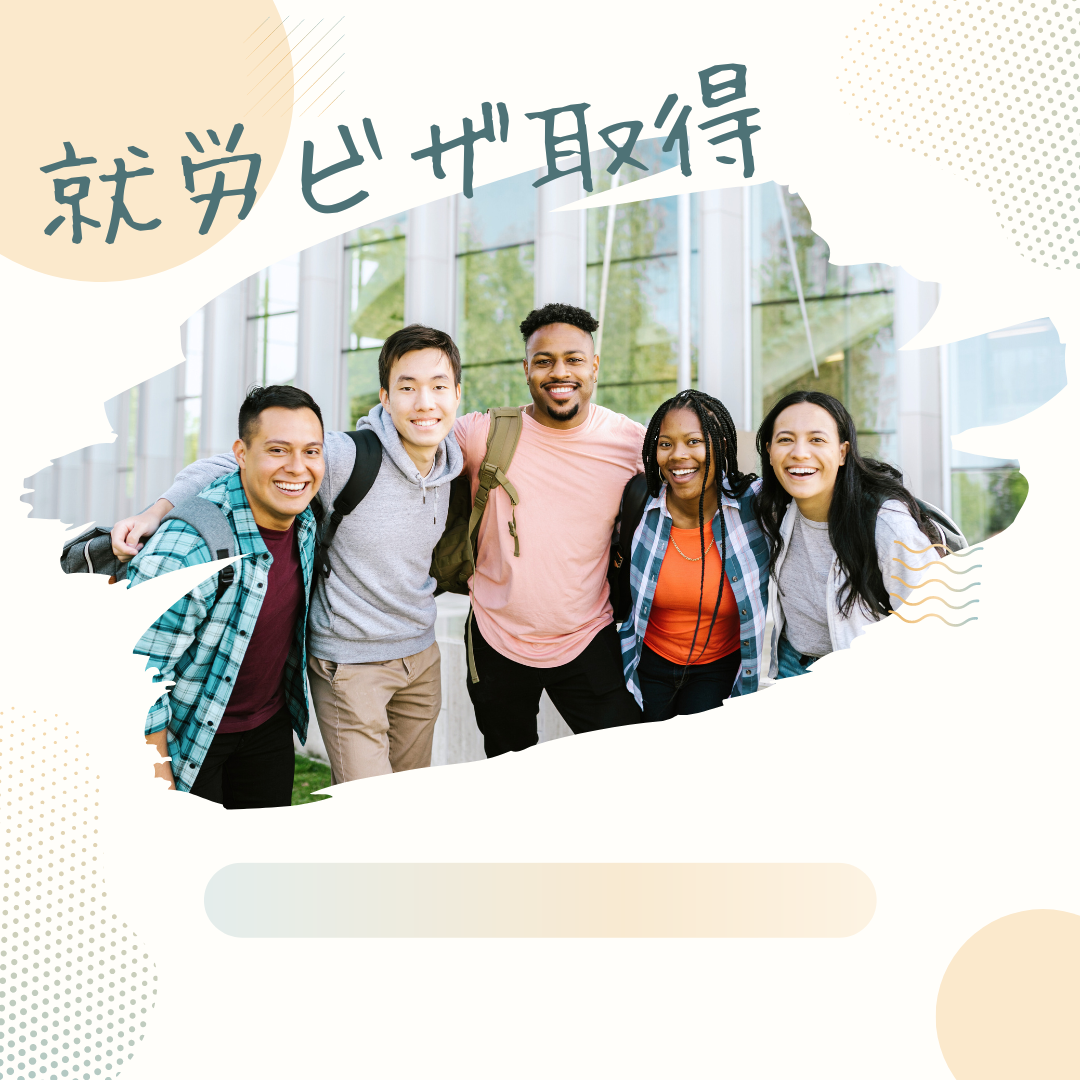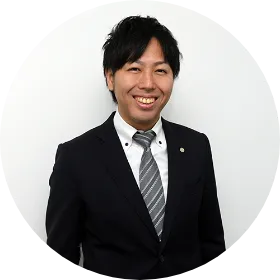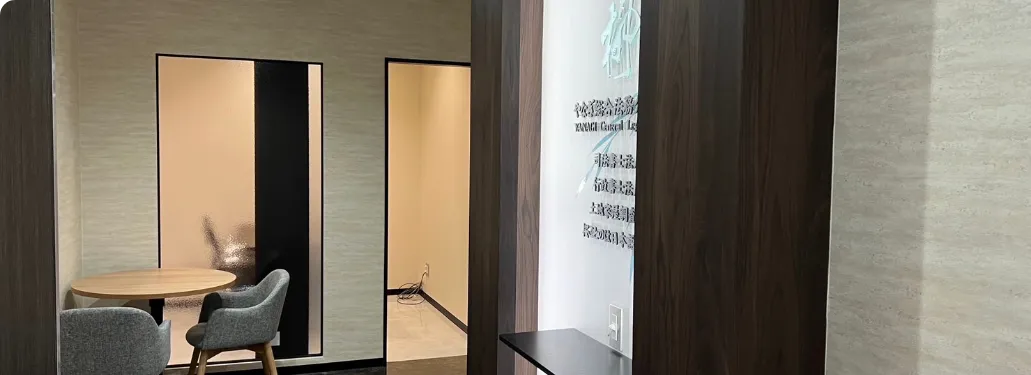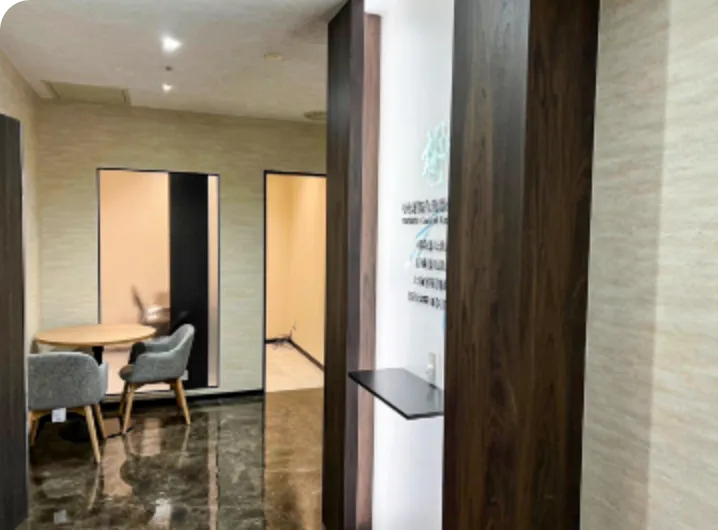Work Visa
Can You Obtain a Work Visa If You Do Not Have a Bachelor’s Degree?
- 2024.05.16

In general, to obtain a “Technical/Humanities Knowledge/International Services” visa, commonly known as a work visa, you need a certain level of education (specialized academic) or specialized skills. This time, we will focus on the “educational background” mentioned here. The educational background referred to here is basically desirable to be a university graduate or higher. However, it is not necessarily required to be a university graduate. Therefore, this time we will explain in detail the relationship between work visas and educational background for each school graduated from.
Graduated from a foreign university
If you have graduated from a foreign university, it becomes very difficult to determine whether you meet the educational requirements required by the Immigration Control Act.
This is because the education system varies by country and it is necessary to prove whether the foreign university you graduated from is equivalent to a “学士号(bachelor’s degree)” in Japan.
As a method of proof, it is not enough to simply submit a graduation certificate and translation, in some cases, an explanation of the education system of that country, the subjects studied and the credits earned may be required to prove that it is at the same level as graduating from a Japanese university.
Graduated from a Japanese vocational school
If you graduated from a Japanese vocational school and obtained a “専門士(Diploma, equivalent to Associate)” or “高度専門士(Advanced Diploma, equivalent to Bachelor)” degree, and proved that your major is relevant to your work, then you can apply for a work visa.
Generally speaking, compared to universities where you can study a wide range of subjects in one field of study, vocational schools specialize in one subject, so the range of subjects studied is often considered narrow.
Therefore, there are limited jobs that are related to what you have learned, and compared to university graduates, you tend to be strictly evaluated for the relevance between your specialized knowledge and your job when applying for a work visa.
Graduated from a foreign vocational school
The Immigration Control Act requires that students “complete the specialized course in this country’s specialized training schools.”
Here “specialized training schools” includes vocational schools, and “this country” refers to Japan.
So, if you are graduating from a vocational school, it must be a Japanese vocational school.
But if your final educational background is graduation from a foreign vocational school, you cannot apply.
④ Graduated from a Japanese language school
If you have graduated from a Japanese language school and have graduated from a university overseas, you fall under the aforementioned “① Graduated from a foreign university,” and may be able to obtain a work visa.
However, if you have not graduated from university and only graduated from a Japanese language school, it does not fall under “complete the specialized course in this country’s specialized training schools.”
※There are various forms of institutions that provide Japanese language education, such as Japanese language departments at vocational schools or universities that fall under “special training schools,” so confirmation is necessary!
In cases ③ and ④ above where we explained that they do not meet the educational requirements, if there is work experience, they may meet the job history requirements and be able to obtain a work visa.
To meet the condition, principally 10 years of working experience (time in vocational school included) is required, though, for international services like translation, 3 years of working experience would be sufficient.
Noted, you would need to get proof of your working experience from the company(s) you have worked at.
Summary
The requirements for obtaining a work visa are quite detailed and judgment becomes very difficult.
If you did not graduate from a university, but met the academic qualification through other means or professional qualification, then getting a work visa is still possible.
Please feel free to consult with us first!
And, for firms considering hiring foreign employees, we offer a one-stop service from getting the work visa to submitting documentation after employees joined your company. Please do not hesitate to talk to us!
Start by following us on social media ↓↓ ~We regularly deliver information about visas♪~
We are Yanagi group, which have offices in Osaka (Abeno and Tennoji), and our affiliated offices in Tokyo (Shibuya and Ebisu) are also available for an on-site consultation. We have handled many applications for permanent residence permits, naturalization permits, work visas, college student visas, management visas, etc., as well as visa renewal procedures related to the status of residence with the Immigration Bureau (Immigration Bureau) as a one-stop service. Our experienced administrative scriveners are also available to help you with any problems you may have.
We also have staff members who can speak each of the native languages and can assist you in obtaining a visa.
※If you wish to be consulted in Nepali or Bengali, please inform us in advance via our website or social media, and the translator will contact you ahead of time.
Please feel free to contact us if you have any questions about your status of residence or visa, even if they are trivial.
Toll-free number: 0120-138-552
For English speakers: 080-9346-2991
For Chinese speakers: 090-8456-6196
For Korean speakers: 090-8448-2133
For Vietnamese speakers: 080-5510-2593
Editor of this article

- Ryota Yanagimoto
- Administrative Scrivener/Judicial Scrivener
At the age of 24, he passed the national examinations for judicial scrivener, administrative scrivener, and wage service manager at the same time.
While working as a full-time lecturer at a major prep school, he independently opened a legal office related to judicial scriveners and administrative scriveners,
and he has experience as a judicial scrivener and an administrative scrivener for more than 15 years so far.
He has been actively contributing to various industries such as publicly listed companies, real estate companies, financial institutions, elderly care services, and professional organizations by conducting seminars, lectures, and talks.
And now he has a record of over 60 presentations so far.
Furthermore, as the president of a Japanese language school announced by the Ministry of Justice and Acts, and an advisor to a real estate company (capable of handling foreign clients),
he has been involved in various aspects of industries related to foreigners.
It is recommended to consult with experts when it comes to visas, naturalization, and residency matters.

Our office has specialized experts in visa and naturalization applications who are available to assist with free consultations (limited to the first session) and inquiries related to various visa applications and naturalization applications.
Additionally, we have foreign staff proficient in English, Chinese, and Korean languages with specialized knowledge, and they are present to provide support. They can accommodate consultations and inquiries in each language. Feel free to use our free consultation and inquiry services from here.

























 0120-138-552
0120-138-552 Free
Consultation
Free
Consultation Contact Us
Contact Us